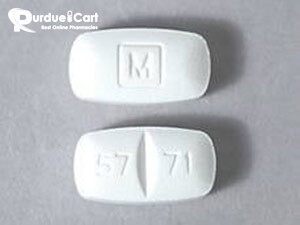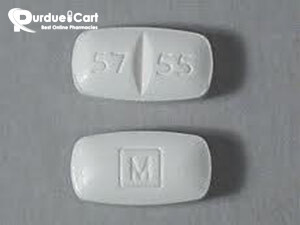Showing all 2 results
-
Sale!

Methadone 10mg
$299.00 – $699.00 Select options -
Sale!

Methadone 5mg
$249.00 – $649.00 Select options
What is Methadone?
Methadone is a medication that is primarily used in the treatment of opioid addiction. It is an opioid medication that works by binding to the same receptors in the brain as other opioids, but with a much slower onset and longer duration of action. This helps to alleviate withdrawal symptoms and cravings, allowing individuals to focus on their recovery without the overwhelming urge to use opioids.
Usage of Methadone:
Methadone is typically used in medication-assisted treatment (MAT) programs alongside counseling and other forms of support. It is prescribed to individuals who are already in withdrawal from opioids, as starting treatment too soon can result in precipitated withdrawal, which can be very uncomfortable and even dangerous. Methadone is not a cure for opioid addiction, but it can help individuals to manage their addiction and work toward recovery.
Key Precautions and Warnings of Methadone:
Like all medications, Methadone has potential side effects and risks. It is important to take Methadone only as prescribed by a healthcare provider and to be aware of the following precautions and warnings:
- Methadone can be habit-forming, even when used as prescribed. Individuals should not increase their dose or use it more frequently than directed by their healthcare provider.
- Combining Methadone with other medications, particularly benzodiazepines or other central nervous system depressants, can be dangerous and even fatal. Individuals should inform their healthcare provider of all medications they are taking, including over-the-counter and herbal remedies.
- Methadone should not be taken by individuals who are allergic to Methadone or any other ingredient in the medication.
- Methadone should not be taken by individuals with severe respiratory problems or a history of severe asthma or other breathing problems.
- Methadone can cause drowsiness or dizziness, and individuals should avoid driving or operating heavy machinery until they know how the medication affects them.
- Methadone can interact with other medications and should only be taken under the supervision of a healthcare provider.
How Should I Use Methadone?
Methadone should be taken exactly as prescribed by a healthcare provider. It is typically taken once daily as a tablet or liquid. Individuals should not crush or snort Methadone tablets, as this can cause a potentially fatal overdose. Methadone liquid should be measured with a special dosing device, such as a syringe or dropper, to ensure accurate dosing.
Methadone doses:
The starting dose of Methadone depends on several factors, including the severity of the individual’s opioid addiction, their previous exposure to opioids, and their overall health. Typically, healthcare providers will start with a low dose and gradually increase it as needed to manage withdrawal symptoms and cravings. It is important to follow the prescribed dosing schedule and not to increase the dose or frequency of Methadone without first consulting with a healthcare provider.
Methadone tab side effects that could occur:
Like all medications, Methadone has potential side effects. The most common side effects of Methadone include:
- Nausea and vomiting
- Constipation
- Headache
- Sweating
- Insomnia
- Anxiety or irritability
Some individuals may experience more serious side effects, including:
- Respiratory depression (shallow breathing)
- Allergic reaction (rash, itching, difficulty breathing)
- Cardiac arrhythmias or other heart problems
- Adrenal insufficiency
- Seizures or convulsions
Individuals should inform their healthcare provider immediately if they experience any of these more serious side effects.
What online pharmacy sells Methadone?
It is important to only purchase medication from a reputable and licensed pharmacy, either online or in person. Purchasing medication from unlicensed sources can be dangerous and even fatal.
